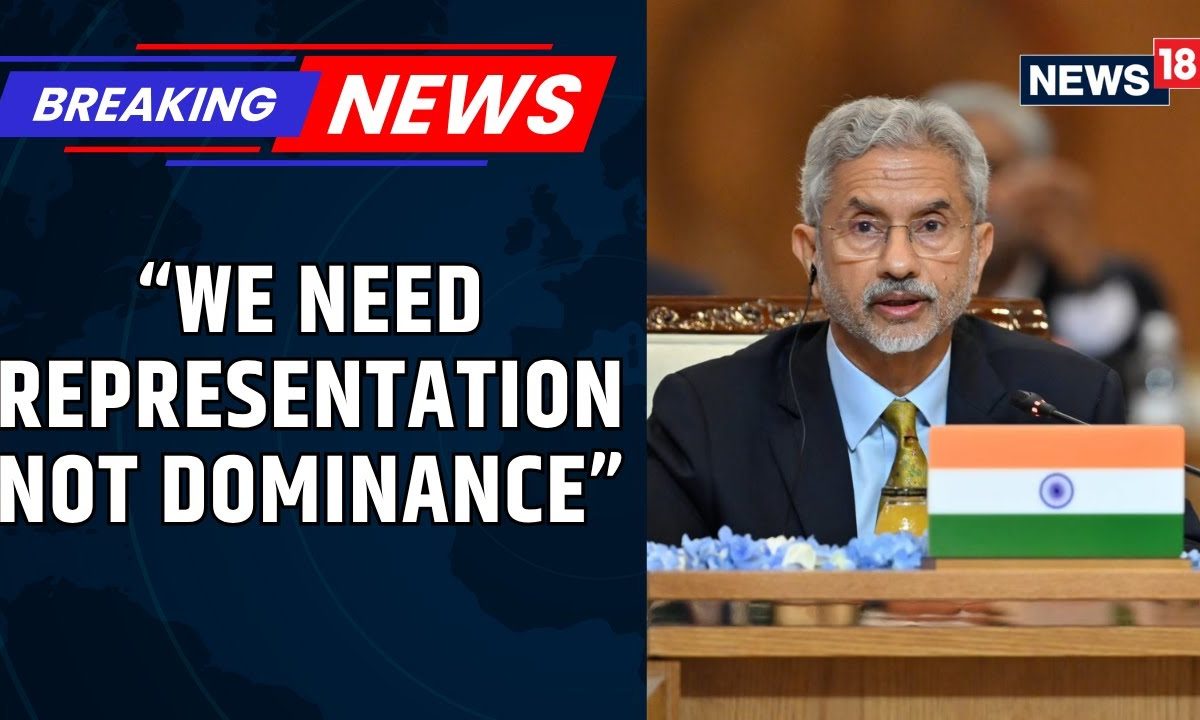

Amidst growing pressure from the United States regarding India's oil trade with Russia, External Affairs Minister S. Jaishankar has asserted India's right to pursue its national interests in a complex global landscape. Speaking at the BIMSTEC Traditional Music Festival in Delhi, Jaishankar reiterated the need for a fair and multipolar global order, "not one dominated by a few". His statement comes at a time of increasing trade tensions, including threats of US tariffs and scrutiny over India's energy relationship with Russia.
Jaishankar's comments align with India's long-standing policy of strategic autonomy, where it makes decisions based on its own economic and security needs. India has consistently defended its energy trade with Russia, emphasizing that it is a necessity driven by global market conditions and aimed at ensuring affordable energy for its citizens. Ministry of External Affairs (MEA) has stated that India's oil imports from Russia are not a political endorsement of Moscow.
The US, along with the European Union, has been critical of India's continued oil imports from Russia following the commencement of the Ukraine conflict. US President Donald Trump has accused India of profiting from discounted Russian oil and has threatened to raise tariffs on Indian goods as a result. Trump has also stated that India is "buying massive amounts of Russian Oil" and "selling it on the Open Market for big profits," further motivating his stance to increase tariffs on Indian products. White House deputy chief of staff Stephen Miller accused India of financing Russia's war in Ukraine by purchasing oil from Moscow.
India has strongly refuted these criticisms, calling them "unjustified and unreasonable". The MEA has pointed out that India's oil imports from Russia began only after traditional suppliers diverted their exports to Europe following the Ukraine war. The ministry has also highlighted the double standards in Western criticism, noting that the EU's trade with Russia in 2024 was significantly higher than India's. The US, too, continues to import certain goods from Russia, including uranium, palladium, fertilizers, and chemicals. India maintains that its trade with Russia is transparent and conducted with a broad understanding with the US.
Despite the US pressure, India is likely to continue sourcing crude oil from Russia if it remains cheaper than alternatives. India's priority is to serve the interests of its consumers and ensure access to affordable energy. This position is supported by market realities, as India's crude petroleum imports from Russia decreased in May due to market dynamics.
In response to Trump's threats, India's largest refiner, Indian Oil Corp, has bought seven million barrels of crude from the United States, Canada, and the Middle East. This purchase suggests a diversification of India's crude oil sources, potentially to mitigate the impact of US tariffs and demonstrate a balanced approach to energy procurement.
The situation remains dynamic, with potential implications for the India-US relationship. NSA Ajit Doval and EAM Jaishankar have planned visits to Moscow to discuss defense collaboration, regional issues, and increased trade, reaffirming the importance of the India-Russia partnership. While the US has imposed a 25% tariff on Indian goods, India has emphasized its commitment to safeguarding its economic interests and maintaining a multipolar world order.